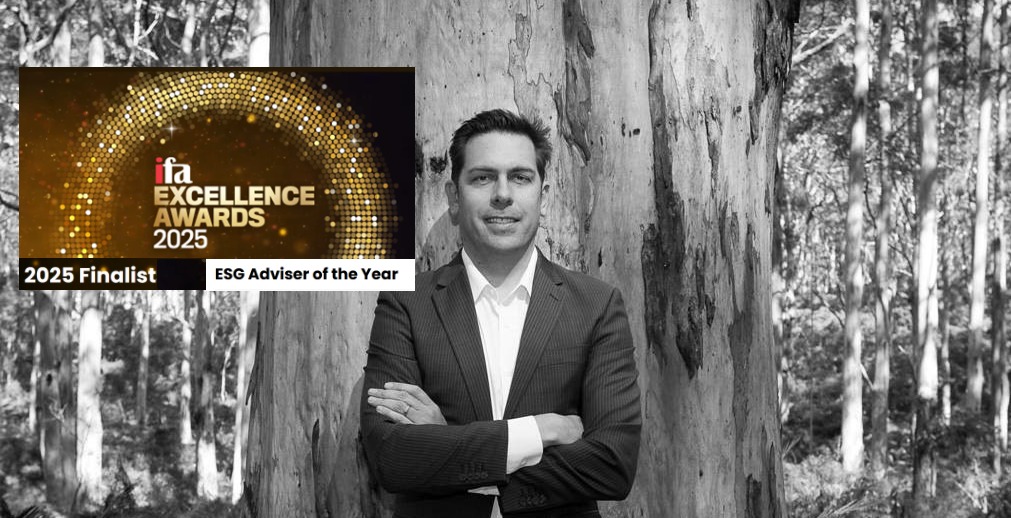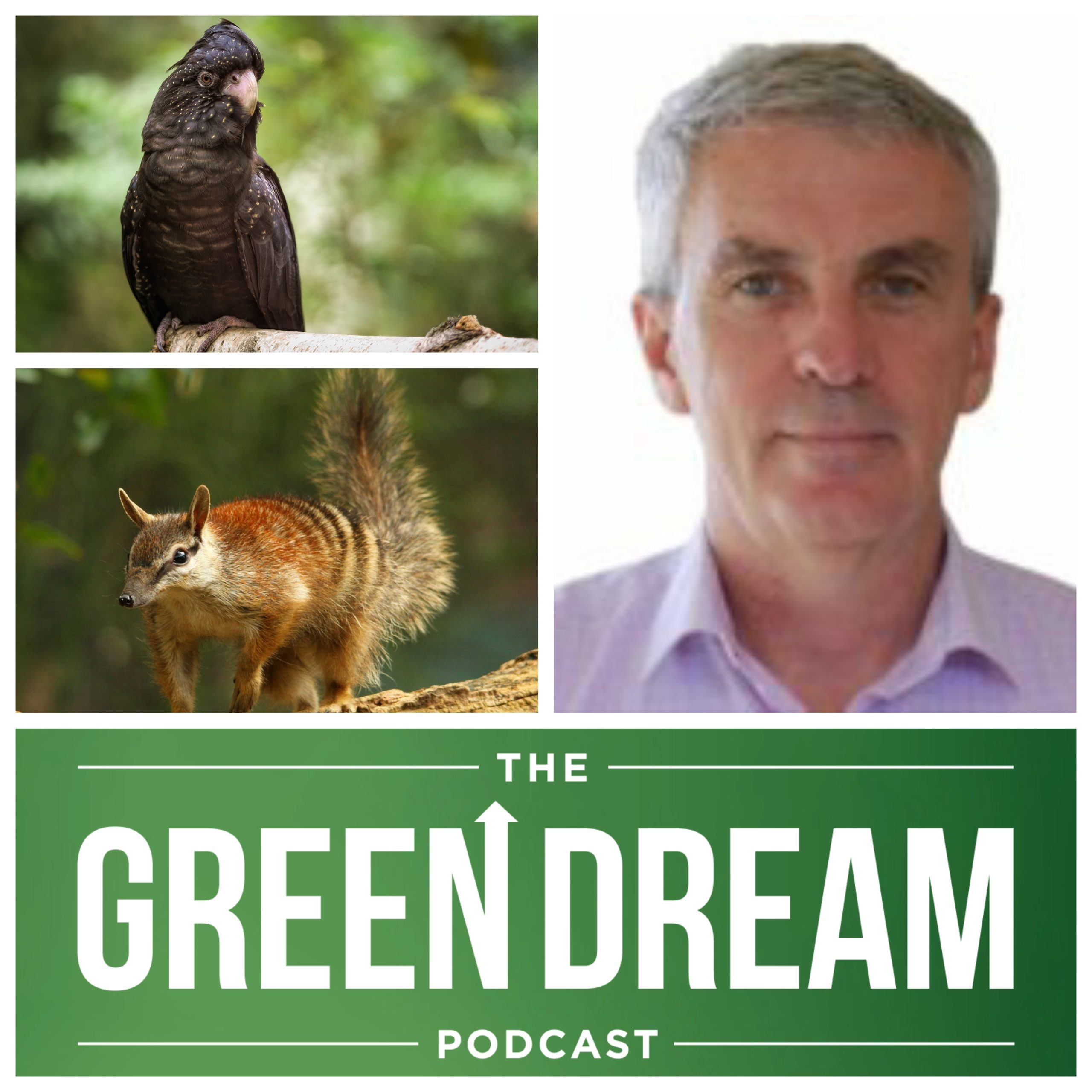Recent reporting by The Sydney Morning Herald and The Age in their Blood Oil series highlighted how some Australian super funds have been indirectly exposed to Russian-origin oil through infrastructure investments — even while claiming to be investing in accordance with ethical or sustainable standards (ESG criteria).
Here’s what actually happened.
The key facts
- Russian crude can legally enter Australia once refined elsewhere. Australia bans direct imports of Russian crude, but refined fuel made from Russian oil becomes legal once processed in another country. This refining loophole means Russian-origin refined products continued entering Australia via Malaysia, Singapore and other hubs
- The infrastructure moving that fuel is partly owned by Australian super funds. Reporting showed that IFM Investors — the Melbourne-based asset manager owned by 15 Australian industry super funds (plus one UK pension fund) – owns 45% of global energy storage company Vitol Tank Terminals International (VTTI)
- VTTI owns the ATB oil terminal in southwest Johor, Malaysia. The ATB terminal is a major storage and mixing hub used in international refined fuel trading. Media investigations identified that Russian-origin oil products were being blended or stored at ATB as part of global shipping routes – before being sold on to countries including Australia
- This means super fund money helped finance the infrastructure enabling the trade, even if unintentionally and indirectly. Super fund members weren’t told their retirement savings were invested through an ownership chain tied to a facility handling Russian-origin refined fuel during the Ukraine war.
None of this suggests Australian super funds set out to support Russian oil. But it does show that ‘ESG-lite’ — high-level screening without deep supply-chain scrutiny — simply isn’t good enough.
Where ESG-lite failed
- Narrow exclusions
Many funds excluded direct Russian securities but never considered indirect exposure through private infrastructure assets — even though those assets (storage, pipelines, terminals) enable the physical flow of fuel globally.
- Opaque private markets
Super funds disclose their listed holdings, but infrastructure ownership is rarely visible to members. The VTTI/ATB link was not widely known outside the industry until the media investigations.
- Outsourcing without oversight
Funds rely heavily on external managers. If those managers own assets used in controversial supply chains, members carry the ethical and reputational risk — despite being told their option is “sustainable”, “responsible” or “socially aware”.
What investors reasonably expect
If your super fund claims to consider ethical criteria, you should expect:
- Exclusions that cover indirect and supply-chain exposure, not just equities
- Full transparency of infrastructure and private asset holdings
- Real-time geopolitical risk monitoring, not once-a-year ESG reviews
- Independent verification of ethical screens, not marketing labels
This Russian oil example is the latest demonstration that that these expectations simply aren’t being met in large Australian Super funds.
What you can do as a Super fund member
- Ask your super fund directly:
- “Do you have any ownership links to fuel terminals, refineries or storage facilities handling Russian-origin refined products?”
- “Does your ESG policy cover indirect exposure through private infrastructure?”
- Demand full asset lists, including infrastructure and private markets
- Work with a specialist ethical financial adviser who understands exclusion frameworks, supply-chain risk and private-market transparency. Contact us for more details. You can find our Advisers through Ethical Investment Advisers
- Consider switching to a fund or manager with a genuine, proven ethical process — not ‘ESG-lite’ marketing.
See: urgent-priority-major-australian-super-fund-investigates-russian-blood-oil-links




